[Source: “Facility helps former inmates get back on their feet,” Iowa City Press-Citizen, 4 April 2016, by Dick Hakes]
One year after opening its resource center at First Baptist Church in Iowa City, the Inside Out Reentry Community serving formerly incarcerated people living in Johnson County is gaining ground.
Inside Out hired its first paid director, Mike Cervantes, in January and secured legal 501(c)3 nonprofit status last month. It is serving 15 participants at present, has a core volunteer support group of 30 and its drop-in resource center bustles with positive activity.
“There’s a lot of laughter in here,” Cervantes tells me as we tour the center’s second floor meeting room, computer/copier room and another small office the church provides at no charge. “It’s a positive place where people can be themselves — and get help.”
Help comes in the form of assistance with education, job and housing applications, and problem-solving, plus tutoring, mentoring and regular community meetings and workshops on life skills a “returning citizen” needs to succeed.
Cervantes tells me “returning citizen” is the preferred term for a person who has served their time in prison, has been released on parole and wants to maintain a productive life. Their barriers are many, from lack of family and financial support to employer attitudes and public perceptions.
“The labels we use are important,” he says. “People are more than the mistakes they have made. The public needs to think of them as returning citizens.”
Robert Crader joins us in the conference room and offers input on this topic from the standpoint of an Inside Out participant.
“You are not an ex-con here,” he says. “You are returning to the community.”
Crader can speak from experience. He grew up in a drug- and crime-infested neighborhood in Chicago, served time in prison, then joined his mother in Iowa City about a year ago. He says Inside Out is one of two major factors in turning his life around.
“I’ve been coming around here for a year and nobody ever asked me what my crime was,” Crader says. “They were not trying to figure me out as a criminal. They cared about me as a person — and that changed everything.”
“I used to size everybody up as to what I could get out of them,” he continues. “It was a criminal mindset. But by hanging around here, I learned that you have to let down your guard and just accept help. They’re not here to enable you — they’re just here for you.”
The second factor, according to Crader, was physically removing himself from his Chicago neighborhood. He was able to come to Iowa City by getting his parole transferred from Illinois to the Iowa Sixth Judicial District.
“Like people find like people,” he says. “I had to shed a lot of garbage. I was glad to get away from people doing all the wrong things. I needed to come here and be introduced to a different way of life.”
That leads Cervantes to talk about “the tribe” instinct in people, regardless of who they are.
“Everybody has a tribe,” he says. “When you are in prison, you find your tribe. Inside Out’s goal is to be a tribe when you get out of prison — one that helps you make positive changes.”
Volunteers are the key to providing an accepting environment for the participants, he says.
Alicia Velez is a volunteer mentor in the program and the wife of Robert. She describes meeting with a female mentee during the past year — twice a week at first, then once a month. She says the experience was beneficial to them both.
“I met a person who captured my heart,” says Velez, who as an author goes by the pen name Chillipepperwild. “There was love and instant communication between us. She taught me so much and I could not have asked for a better gift.”
With the help of Velez, Inside Out and others, this returning citizen has a job, has connected with a church and is working toward her GED. “She wants to get a driver’s license now,” says her mentor, “and then regain custody of her children. She’s got goals and she’s walking on her own.”
Cervantes is a Wisconsin native who has been a high school teacher in alternative schools in Cedar Rapids and social activist for most of his working career. He later connected with Pastor Dorothy Whiston of First Baptist Church, which founded Inside Out in collaboration with New Creations International Church and The Dream Center.
The name, he says, comes from the theory that an accepting community was needed to help returning citizens seek personal change “from the inside out.”
As a volunteer at the Oakdale correctional facility in Coralville, Cervantes says a future goal is to work to make college level courses available in Iowa prisons.
“What I find is universal when I am at Oakdale or wherever,” he says, “is that the inmates are excited that Inside Out is here waiting for them. They want a job and they want to improve their education inside as well as when they are released.”
“We’ll take on as many as we can,” he says. “A person’s got to want to change, but we’re glad to welcome anybody who is ready to do that.”
For more information, contact Cervantes at [email protected].




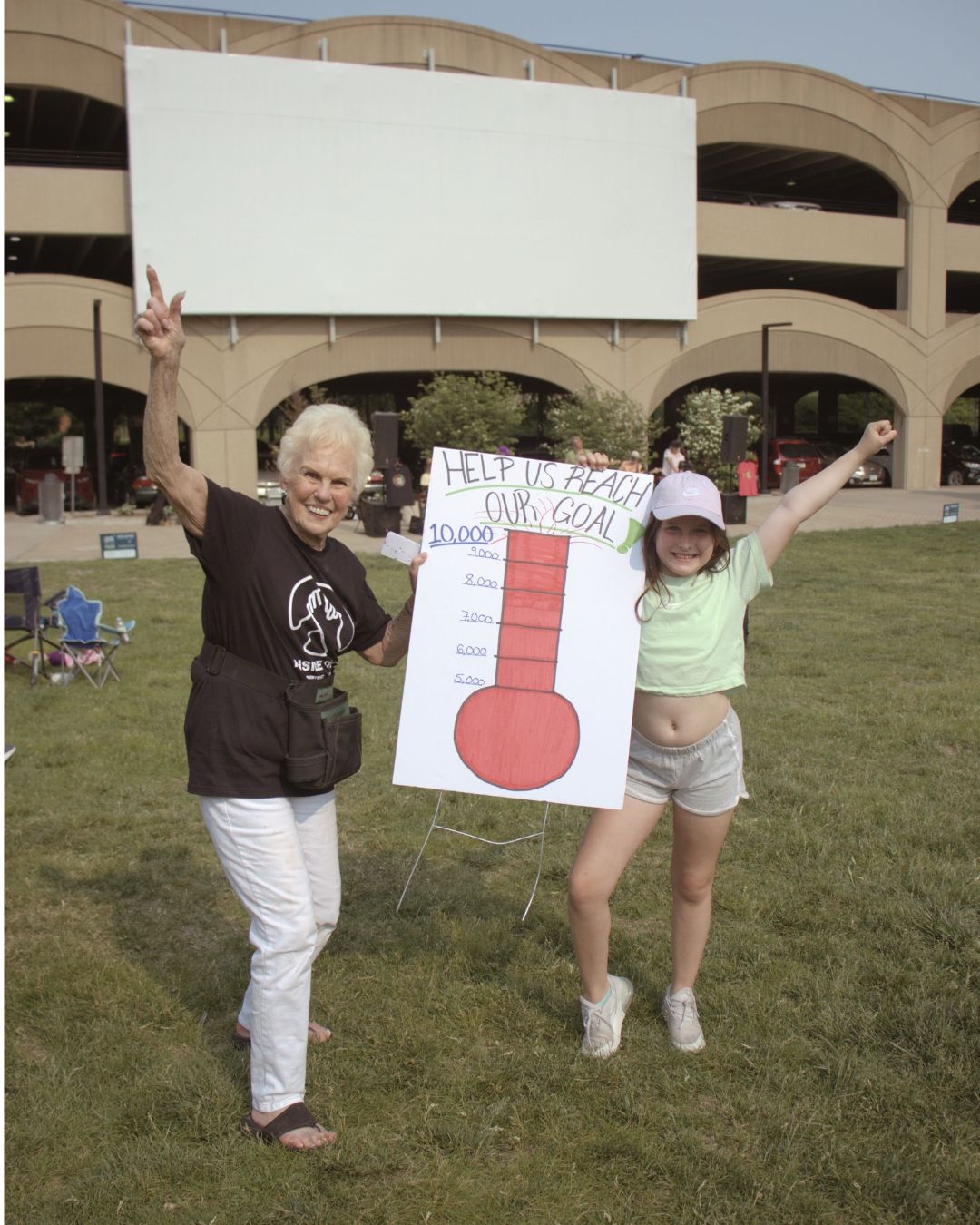
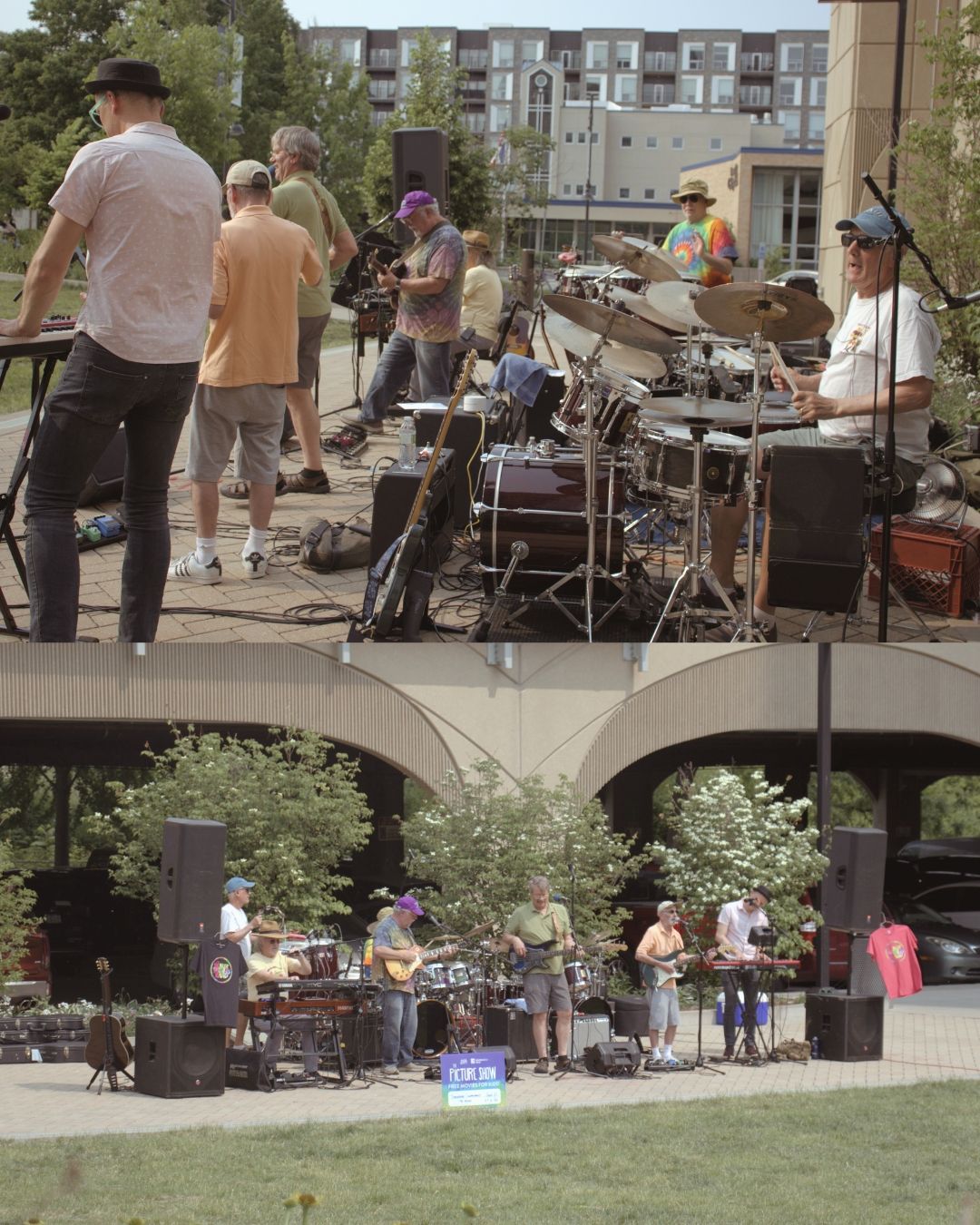
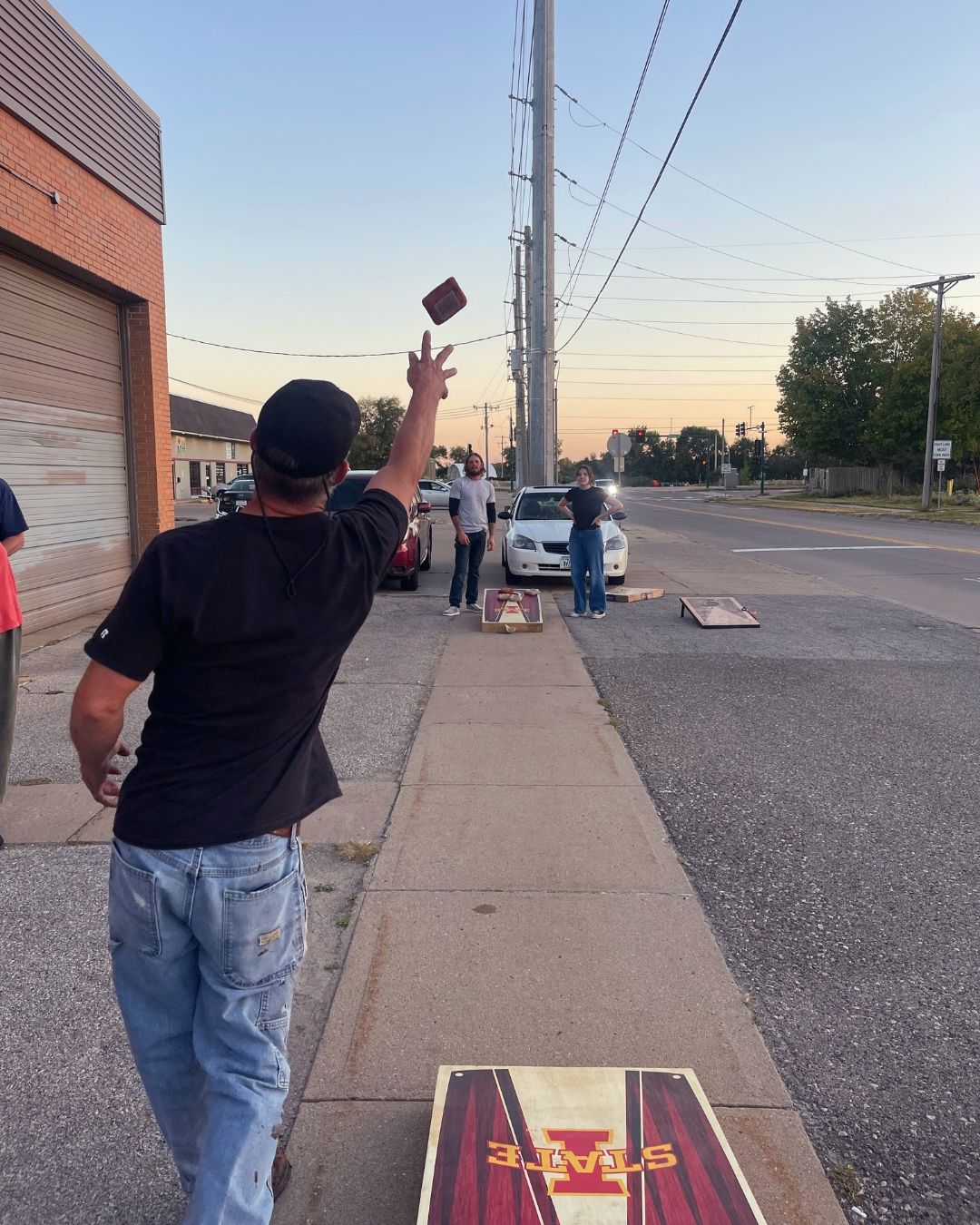
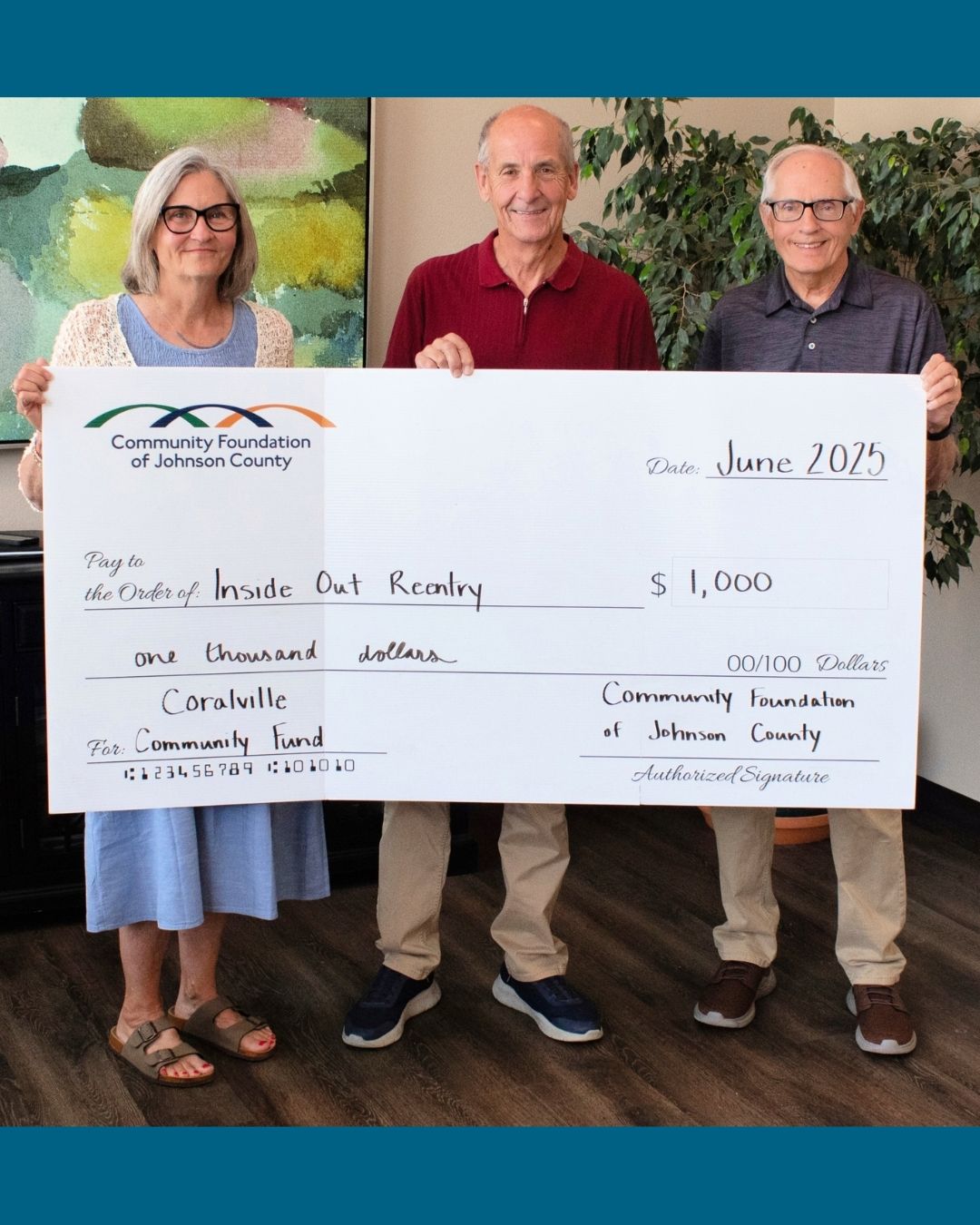


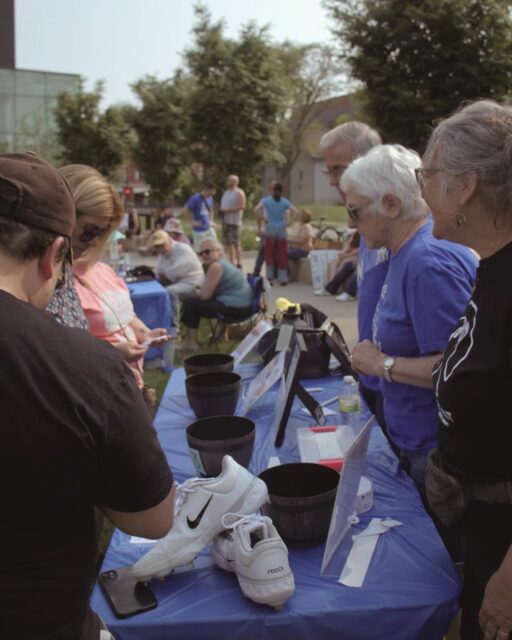

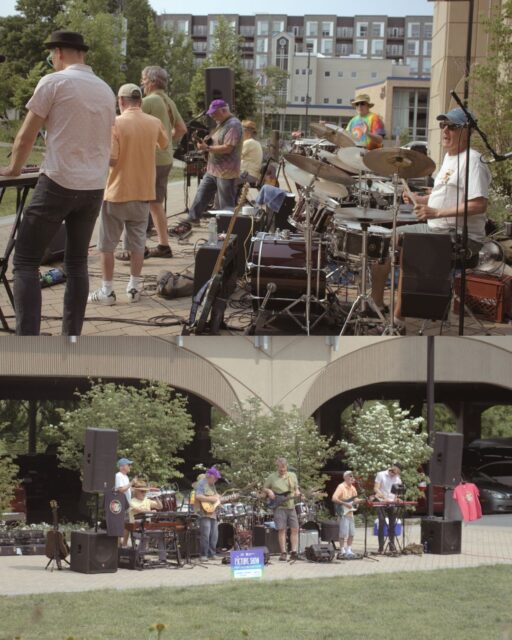
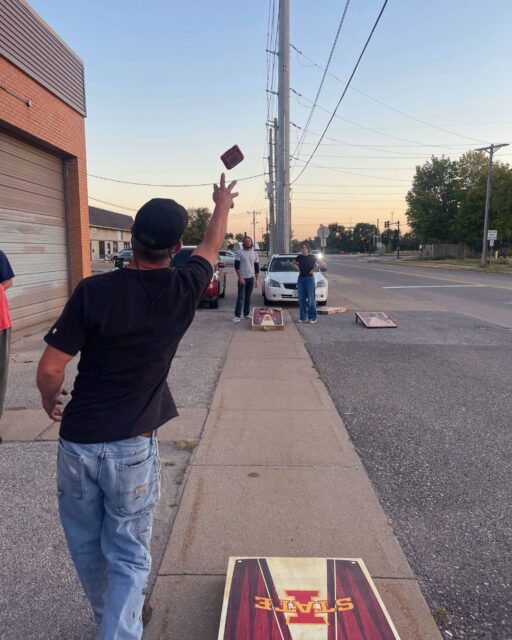
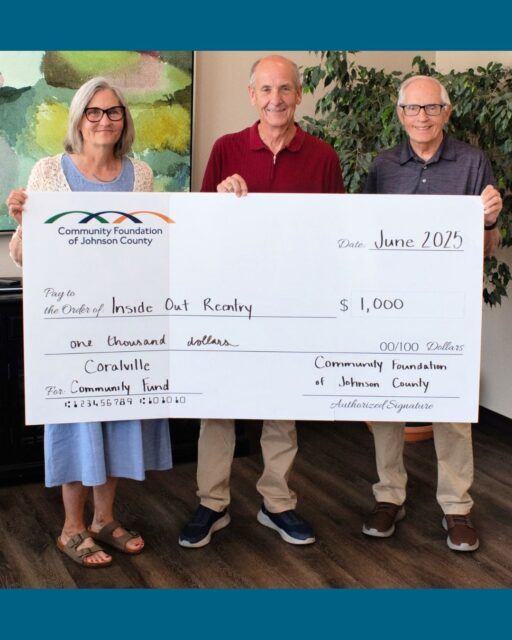
Last Updated: August 17, 2020 by InsideOut Editor
Facility helps former inmates get back on their feet
[Source: “Facility helps former inmates get back on their feet,” Iowa City Press-Citizen, 4 April 2016, by Dick Hakes]
One year after opening its resource center at First Baptist Church in Iowa City, the Inside Out Reentry Community serving formerly incarcerated people living in Johnson County is gaining ground.
Inside Out hired its first paid director, Mike Cervantes, in January and secured legal 501(c)3 nonprofit status last month. It is serving 15 participants at present, has a core volunteer support group of 30 and its drop-in resource center bustles with positive activity.
“There’s a lot of laughter in here,” Cervantes tells me as we tour the center’s second floor meeting room, computer/copier room and another small office the church provides at no charge. “It’s a positive place where people can be themselves — and get help.”
Help comes in the form of assistance with education, job and housing applications, and problem-solving, plus tutoring, mentoring and regular community meetings and workshops on life skills a “returning citizen” needs to succeed.
Cervantes tells me “returning citizen” is the preferred term for a person who has served their time in prison, has been released on parole and wants to maintain a productive life. Their barriers are many, from lack of family and financial support to employer attitudes and public perceptions.
“The labels we use are important,” he says. “People are more than the mistakes they have made. The public needs to think of them as returning citizens.”
Robert Crader joins us in the conference room and offers input on this topic from the standpoint of an Inside Out participant.
“You are not an ex-con here,” he says. “You are returning to the community.”
Crader can speak from experience. He grew up in a drug- and crime-infested neighborhood in Chicago, served time in prison, then joined his mother in Iowa City about a year ago. He says Inside Out is one of two major factors in turning his life around.
“I’ve been coming around here for a year and nobody ever asked me what my crime was,” Crader says. “They were not trying to figure me out as a criminal. They cared about me as a person — and that changed everything.”
“I used to size everybody up as to what I could get out of them,” he continues. “It was a criminal mindset. But by hanging around here, I learned that you have to let down your guard and just accept help. They’re not here to enable you — they’re just here for you.”
The second factor, according to Crader, was physically removing himself from his Chicago neighborhood. He was able to come to Iowa City by getting his parole transferred from Illinois to the Iowa Sixth Judicial District.
“Like people find like people,” he says. “I had to shed a lot of garbage. I was glad to get away from people doing all the wrong things. I needed to come here and be introduced to a different way of life.”
That leads Cervantes to talk about “the tribe” instinct in people, regardless of who they are.
“Everybody has a tribe,” he says. “When you are in prison, you find your tribe. Inside Out’s goal is to be a tribe when you get out of prison — one that helps you make positive changes.”
Volunteers are the key to providing an accepting environment for the participants, he says.
Alicia Velez is a volunteer mentor in the program and the wife of Robert. She describes meeting with a female mentee during the past year — twice a week at first, then once a month. She says the experience was beneficial to them both.
“I met a person who captured my heart,” says Velez, who as an author goes by the pen name Chillipepperwild. “There was love and instant communication between us. She taught me so much and I could not have asked for a better gift.”
With the help of Velez, Inside Out and others, this returning citizen has a job, has connected with a church and is working toward her GED. “She wants to get a driver’s license now,” says her mentor, “and then regain custody of her children. She’s got goals and she’s walking on her own.”
Cervantes is a Wisconsin native who has been a high school teacher in alternative schools in Cedar Rapids and social activist for most of his working career. He later connected with Pastor Dorothy Whiston of First Baptist Church, which founded Inside Out in collaboration with New Creations International Church and The Dream Center.
The name, he says, comes from the theory that an accepting community was needed to help returning citizens seek personal change “from the inside out.”
As a volunteer at the Oakdale correctional facility in Coralville, Cervantes says a future goal is to work to make college level courses available in Iowa prisons.
“What I find is universal when I am at Oakdale or wherever,” he says, “is that the inmates are excited that Inside Out is here waiting for them. They want a job and they want to improve their education inside as well as when they are released.”
“We’ll take on as many as we can,” he says. “A person’s got to want to change, but we’re glad to welcome anybody who is ready to do that.”
For more information, contact Cervantes at [email protected].
Category: media